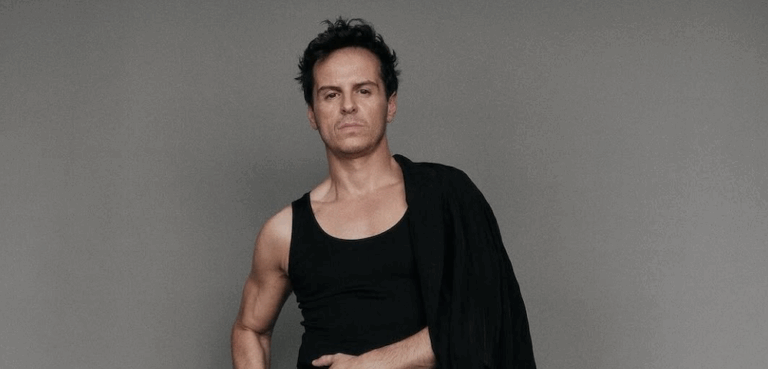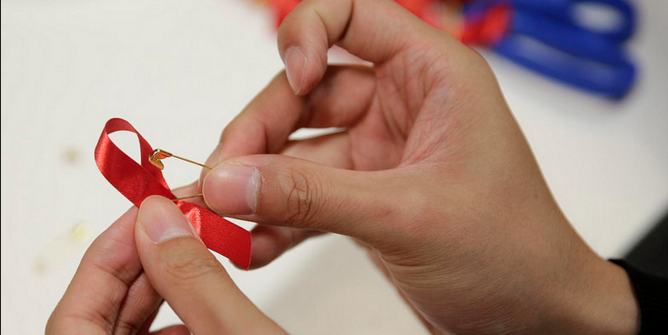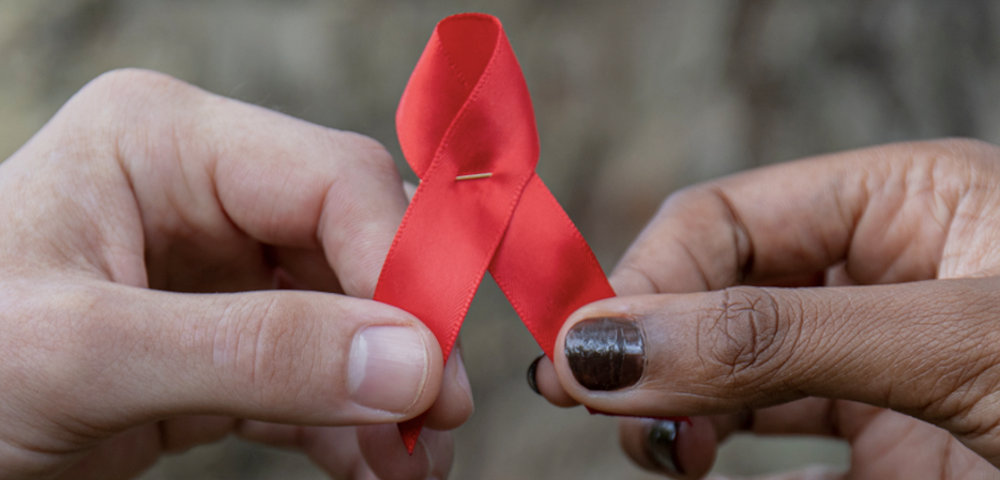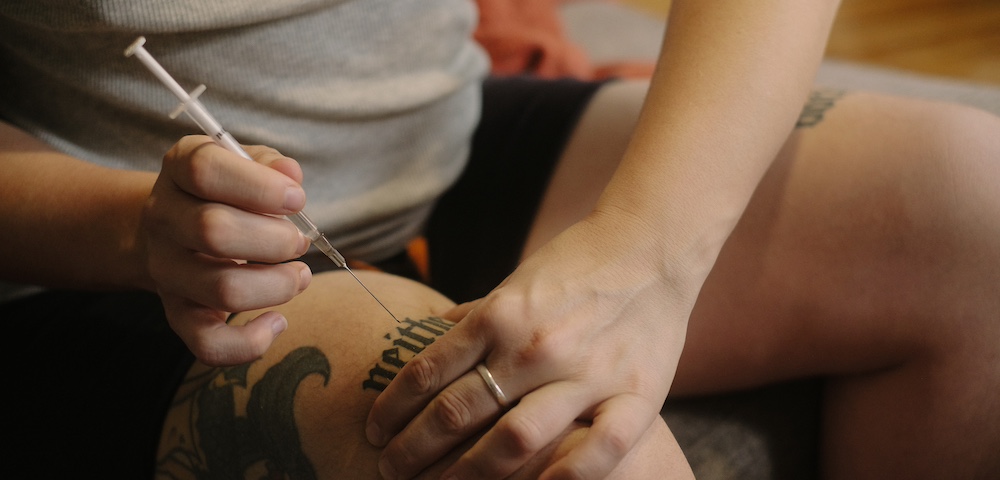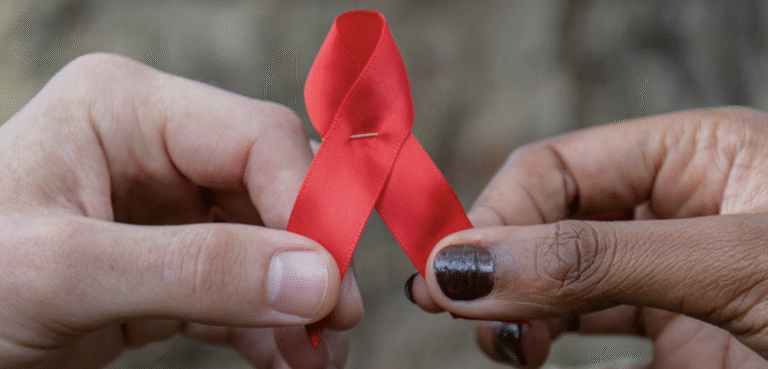
Newly diagnosed HIV+ men are embracing treatment more than ever before
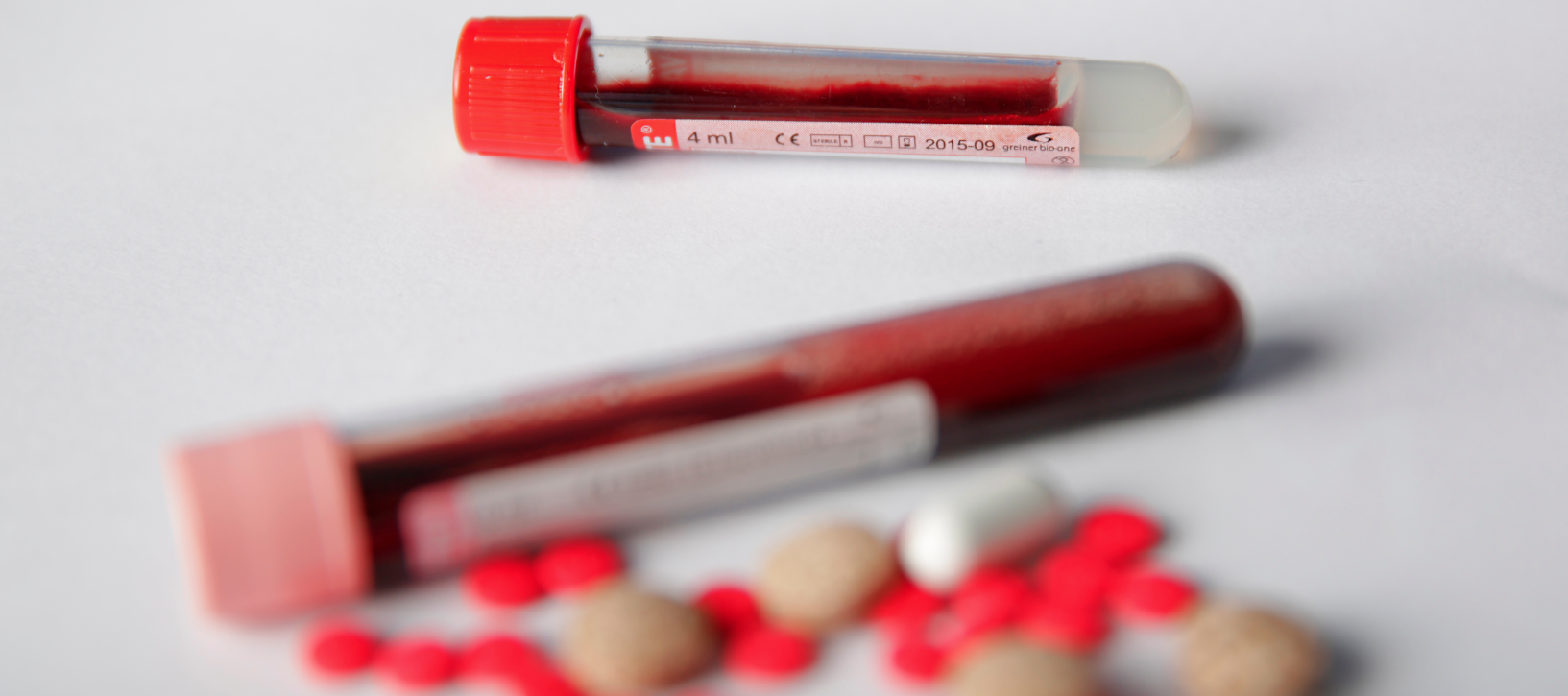
Gay and bisexual men who are newly diagnosed with HIV change their behaviour to reduce the chance of onward transmission, according to the results of a long-running Australian study released today.
The final Seroconversion Study Report found that HIV-positive men are now more likely to disclose their status, reduce the number of sexual partners they come into contact with, and use condoms during sex.
It also found that more newly diagnosed men are adopting treatment as prevention (TasP) than ever before.
The Seroconversion Study was led by the Kirby Institute and looked at the behavioural changes of HIV-positive men between 2007 and 2015, along with their understanding of the virus.
Research Associate at the Kirby Institute Ian Down believes there’s been a massive shift in the understanding around HIV treatment.
“I interviewed 100 men face-to-face and certainly back in 2007 they were quite skeptical about treatment,” he told the Star Observer.
“Some guys were reluctant to begin treatment early and some wanted to stay completely off it, because back then there was a fear of the side effects.
“But now it’s been demonstrated that there are improved health outcomes when people begin treatment immediately following their diagnosis – and people have the knowledge that there are individual health benefits as well as a reduced risk of transmission.”
Down attributes this shift to the increased information about treatment as prevention.
The Victorian AIDS Council (VAC) and Living Positive Victoria recently launched the Treat HIV Now campaign to encourage HIV-positive men to get early treatment.
“Now there’s much more willingness to treat early,” Down said.
‘Over the course of the study there weren’t many changes regarding the circumstances in which the men acquired the infection, but towards the end of the period there was an increased optimism around HIV treatment.
“I think the more and more information gets out about the benefits of early treatment, the more it dispels any myths about HIV treatment.”
With increased HIV-testing services such as [a]TEST in Sydney and the Pronto! rapid-testing service in Melbourne, the study also found that support and information provided by peers made the decision to go on treatment much easier.
Chief Executive of Living Positive Victoria Brent Allan said the study highlights the importance of peer support after someone has been diagnosed with HIV.
“This study provides further evidence that peer support following diagnosis is absolutely essential to the long term health and well-being of those newly diagnosed with HIV,” he said.
“It’s clear we need to scale up the community efforts to improve frequency of testing to diagnose infections early and get people onto treatment as soon as possible.
“Peer support programs do just that.”
Various iterations of the Seroconversion Study have mapped the changes in HIV-positive men since 1992.
